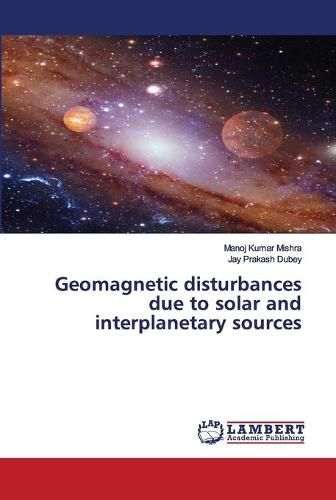Readings Newsletter
Become a Readings Member to make your shopping experience even easier.
Sign in or sign up for free!
You’re not far away from qualifying for FREE standard shipping within Australia
You’ve qualified for FREE standard shipping within Australia
The cart is loading…






This title is printed to order. This book may have been self-published. If so, we cannot guarantee the quality of the content. In the main most books will have gone through the editing process however some may not. We therefore suggest that you be aware of this before ordering this book. If in doubt check either the author or publisher’s details as we are unable to accept any returns unless they are faulty. Please contact us if you have any questions.
The Sun is the most prominent feature in our solar system. It is the largest object and contains approximately 98% of the total solar system mass. One hundred and nine Earths would be required to fit across the Sun’s disk, and its interior could hold over 1.3 million Earths. The Sun’s outer visible layer is called the photo-sphere and has a temperature of 6,000 DegreesC (11,000 DegreesF). This layer has a mottled appearance due to the turbulent eruptions of energy at the surface. Solar energy is created deep within the core of the Sun. It is here that the temperature (15,000,000 Degrees C; 27,000,000 Degrees F) and pressure (340 billion times Earth’s air pressure at sea level) is so intense that nuclear reactions take place. This reaction causes four protons or hydrogen nuclei to fuse together to form one alpha particle or helium nucleus. The alpha particle is about 0.7 percent less massive than the four protons. The difference in mass is expelled as energy and is carried to the surface of the Sun, through a process known as convection, where it is released as light and heat. Energy generated in the Sun’s core takes a million years to reach its surface.
$9.00 standard shipping within Australia
FREE standard shipping within Australia for orders over $100.00
Express & International shipping calculated at checkout
This title is printed to order. This book may have been self-published. If so, we cannot guarantee the quality of the content. In the main most books will have gone through the editing process however some may not. We therefore suggest that you be aware of this before ordering this book. If in doubt check either the author or publisher’s details as we are unable to accept any returns unless they are faulty. Please contact us if you have any questions.
The Sun is the most prominent feature in our solar system. It is the largest object and contains approximately 98% of the total solar system mass. One hundred and nine Earths would be required to fit across the Sun’s disk, and its interior could hold over 1.3 million Earths. The Sun’s outer visible layer is called the photo-sphere and has a temperature of 6,000 DegreesC (11,000 DegreesF). This layer has a mottled appearance due to the turbulent eruptions of energy at the surface. Solar energy is created deep within the core of the Sun. It is here that the temperature (15,000,000 Degrees C; 27,000,000 Degrees F) and pressure (340 billion times Earth’s air pressure at sea level) is so intense that nuclear reactions take place. This reaction causes four protons or hydrogen nuclei to fuse together to form one alpha particle or helium nucleus. The alpha particle is about 0.7 percent less massive than the four protons. The difference in mass is expelled as energy and is carried to the surface of the Sun, through a process known as convection, where it is released as light and heat. Energy generated in the Sun’s core takes a million years to reach its surface.